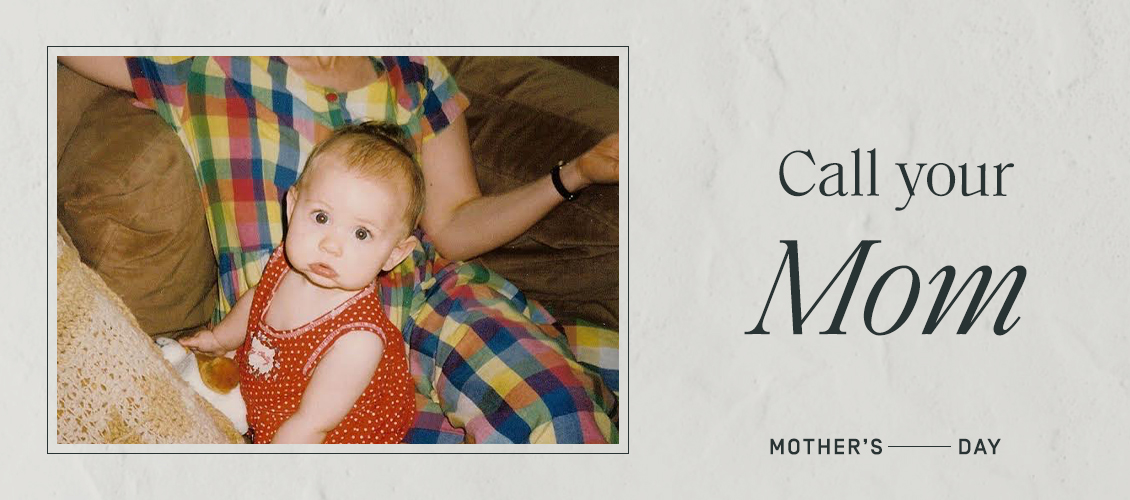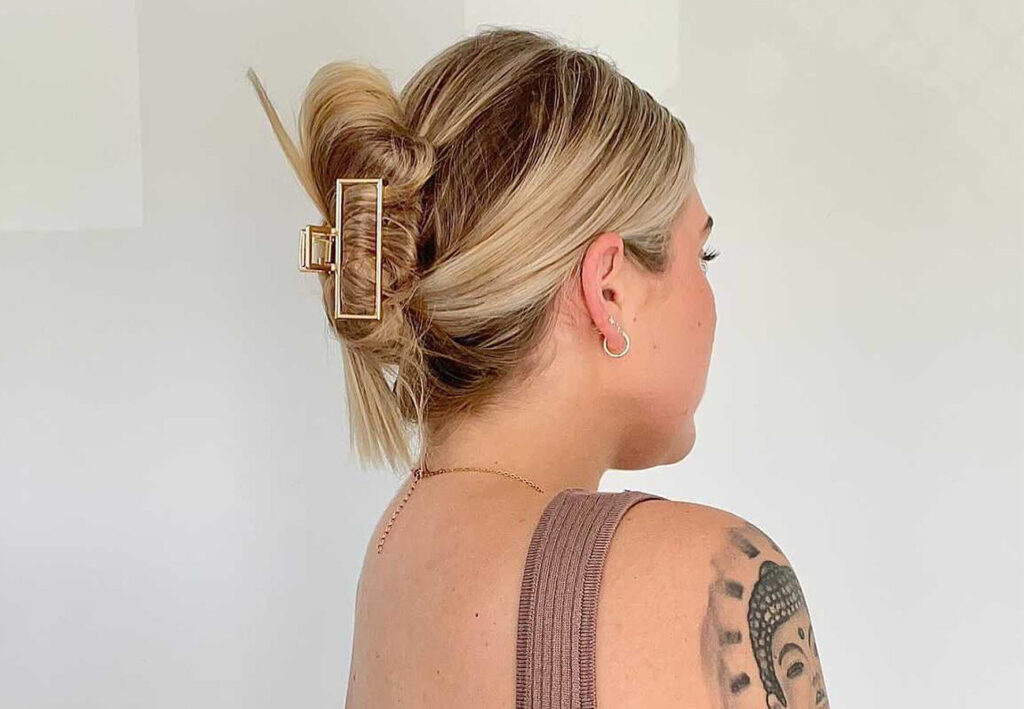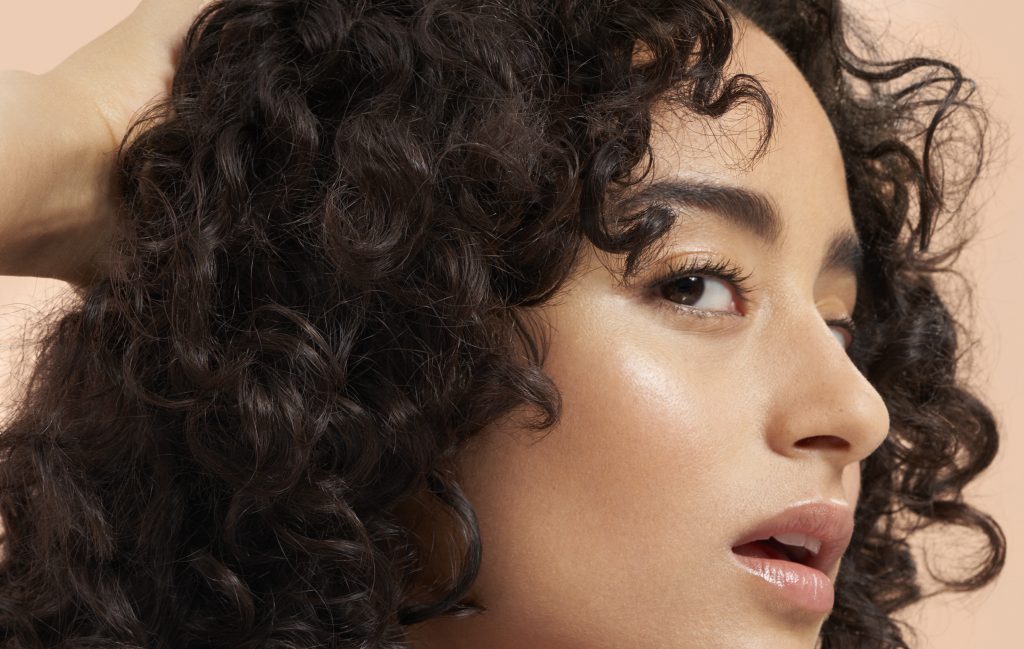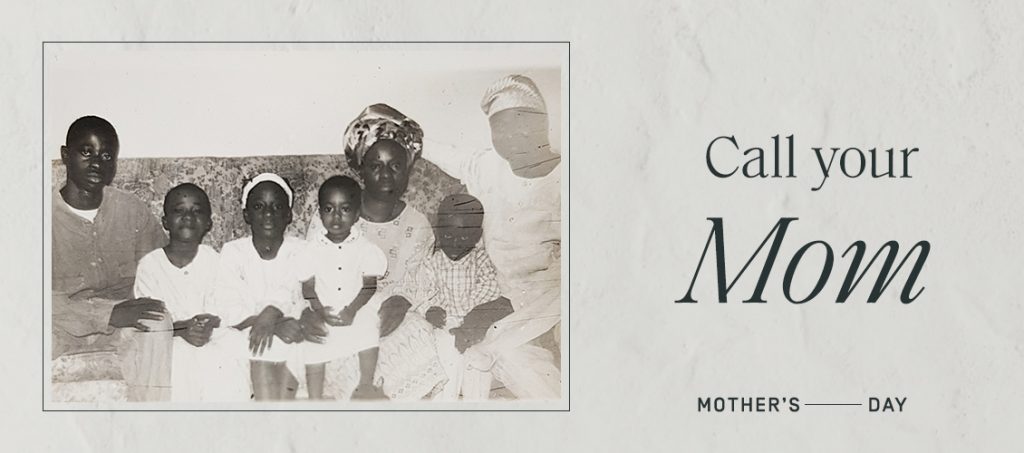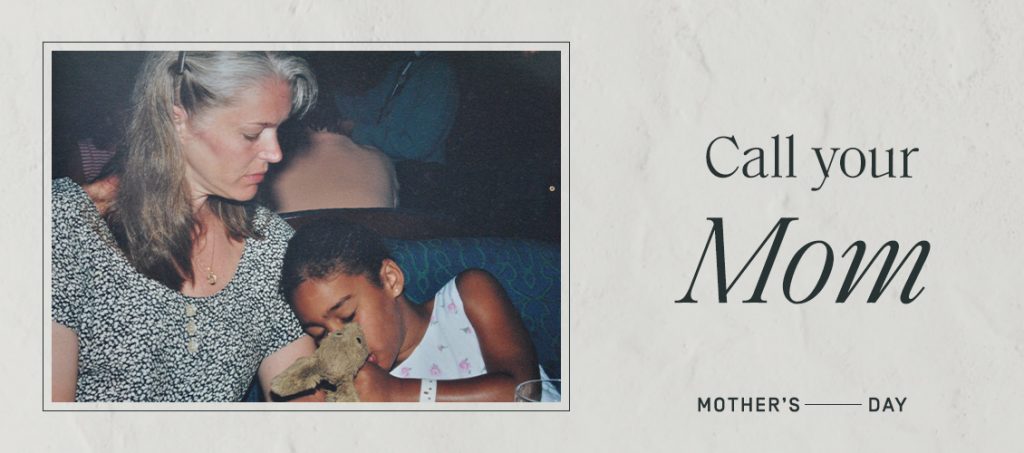
Tracy and Emma Discuss Their Complicated Relationship with Beauty
We asked daughters and mothers to have a conversation about beauty, hair, and heritage. The result: timeless lessons and fresh perspectives, made to share this Mother’s Day.
From a very early age, I had a distinct style. Long before I could tie them myself, I demanded to wear two different colored shoes; in third grade, I introduced the playground to what would become the wildly popular but short-lived dresses-with-pants trend. When it came to my hair, I cycled through several different looks born from the depths of my imagination and the scrunchie aisle at RiteAid. And my mom, Tracy—the brave woman on the frontlines who endured screaming matches about hairbrushing and has seen me through every style change—has her own complicated relationship to beauty, and especially hair. Here, we share early memories of hair care—hers from before and after her parents’ divorce—and the insecurities and sensitivities that we may not always be aware of in ourselves.

